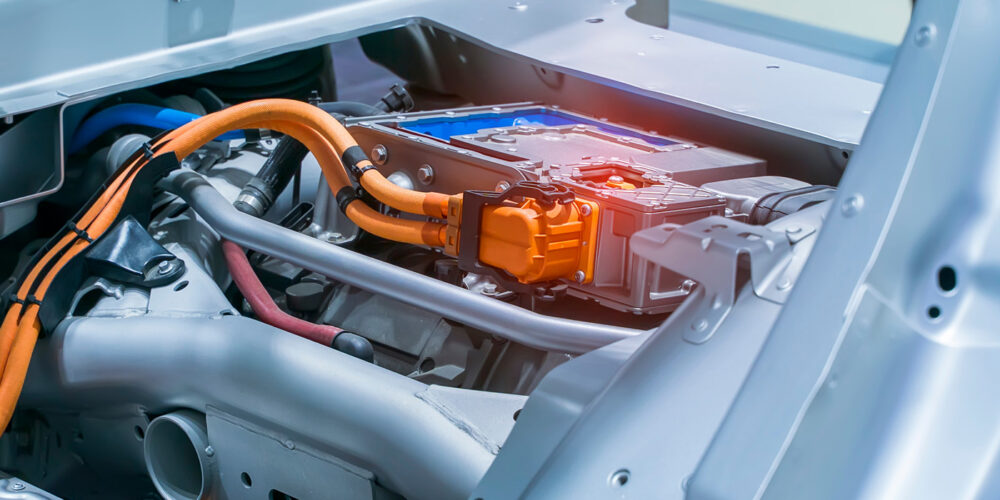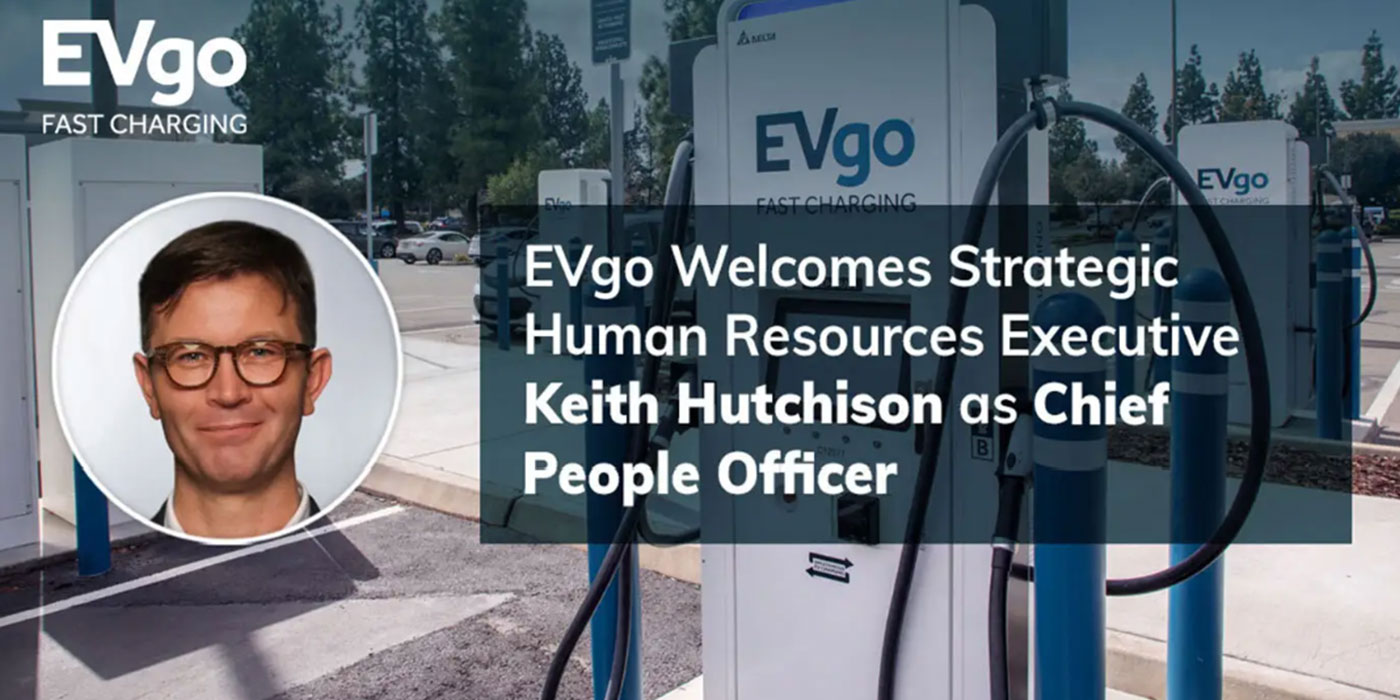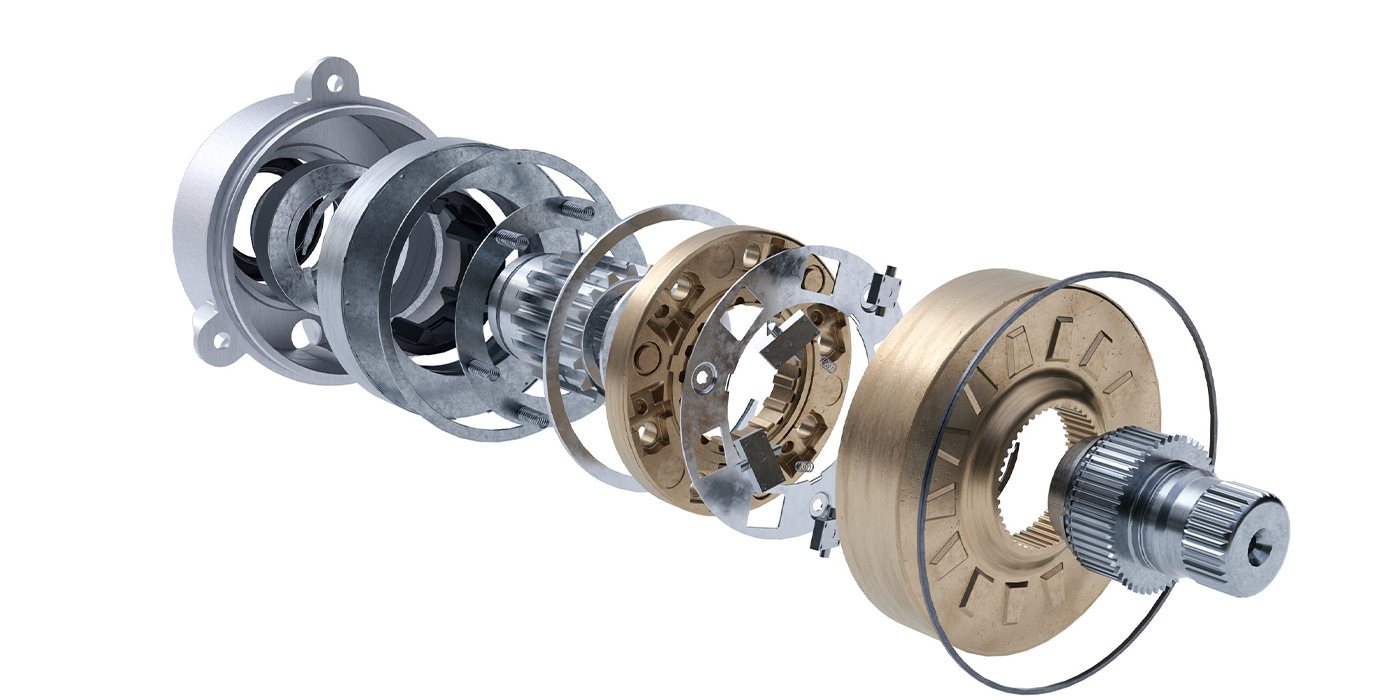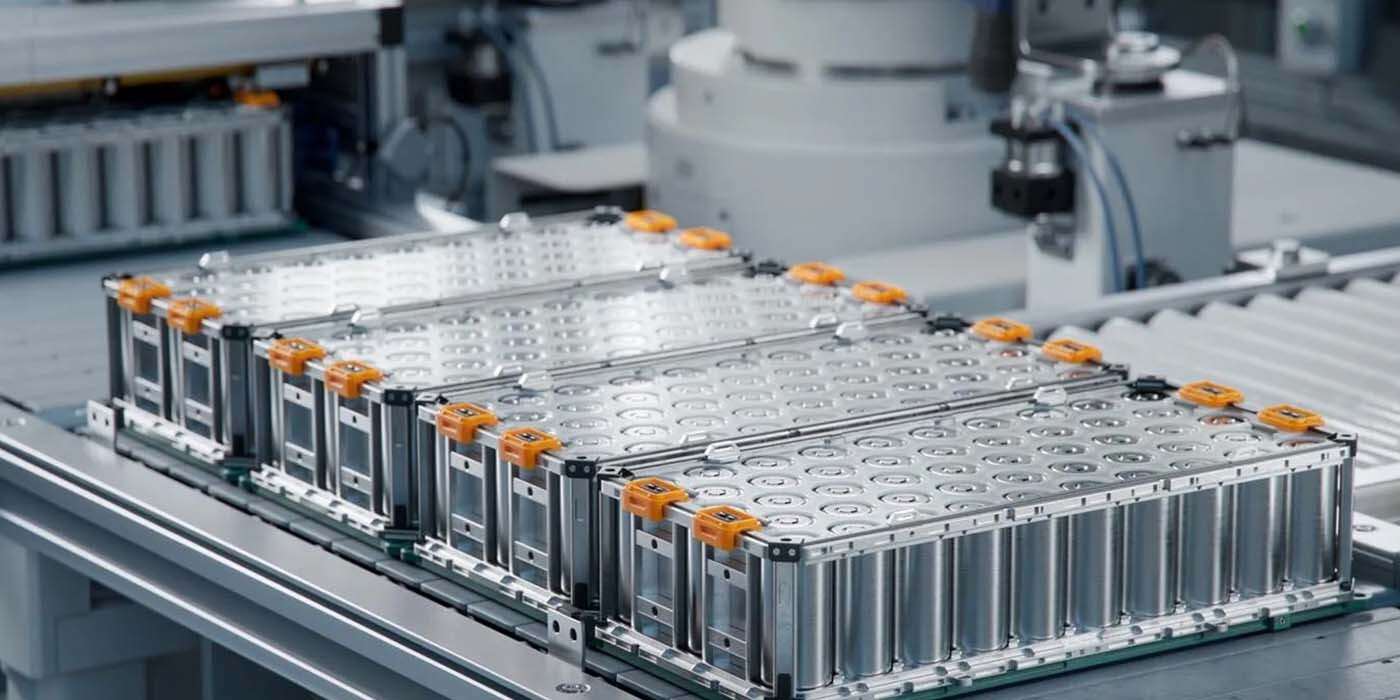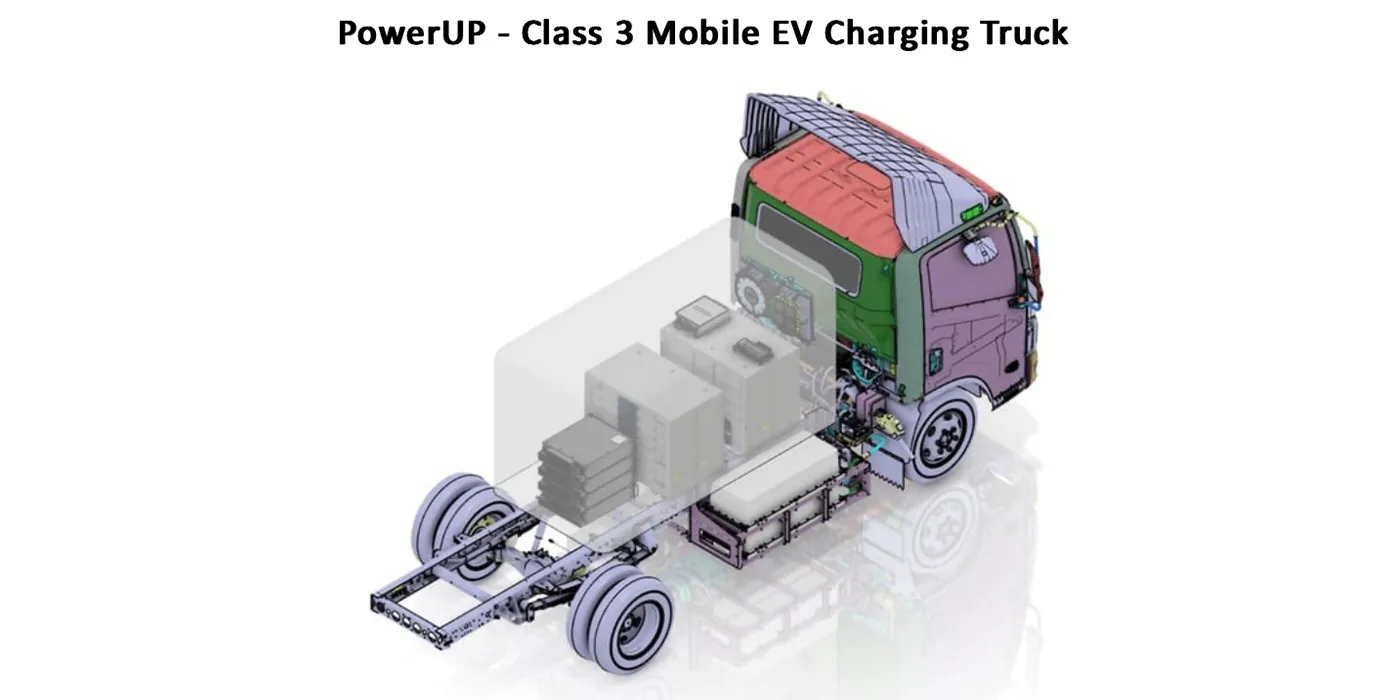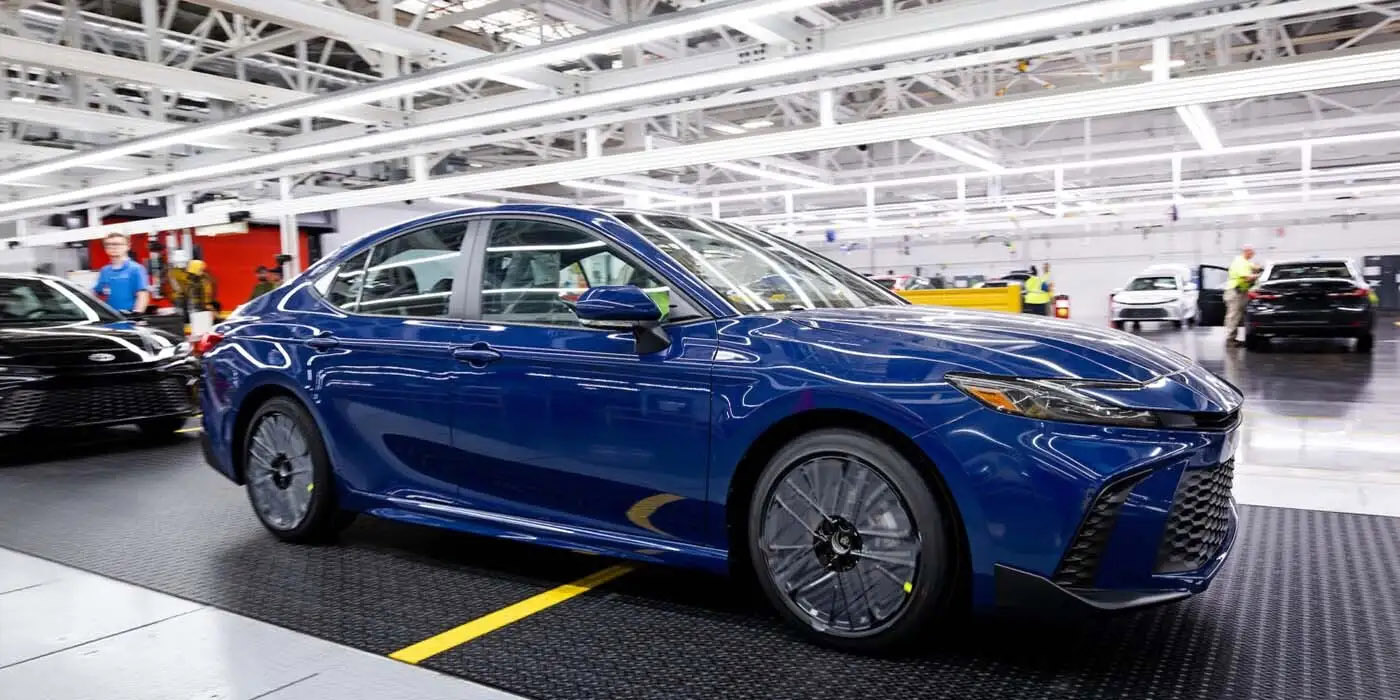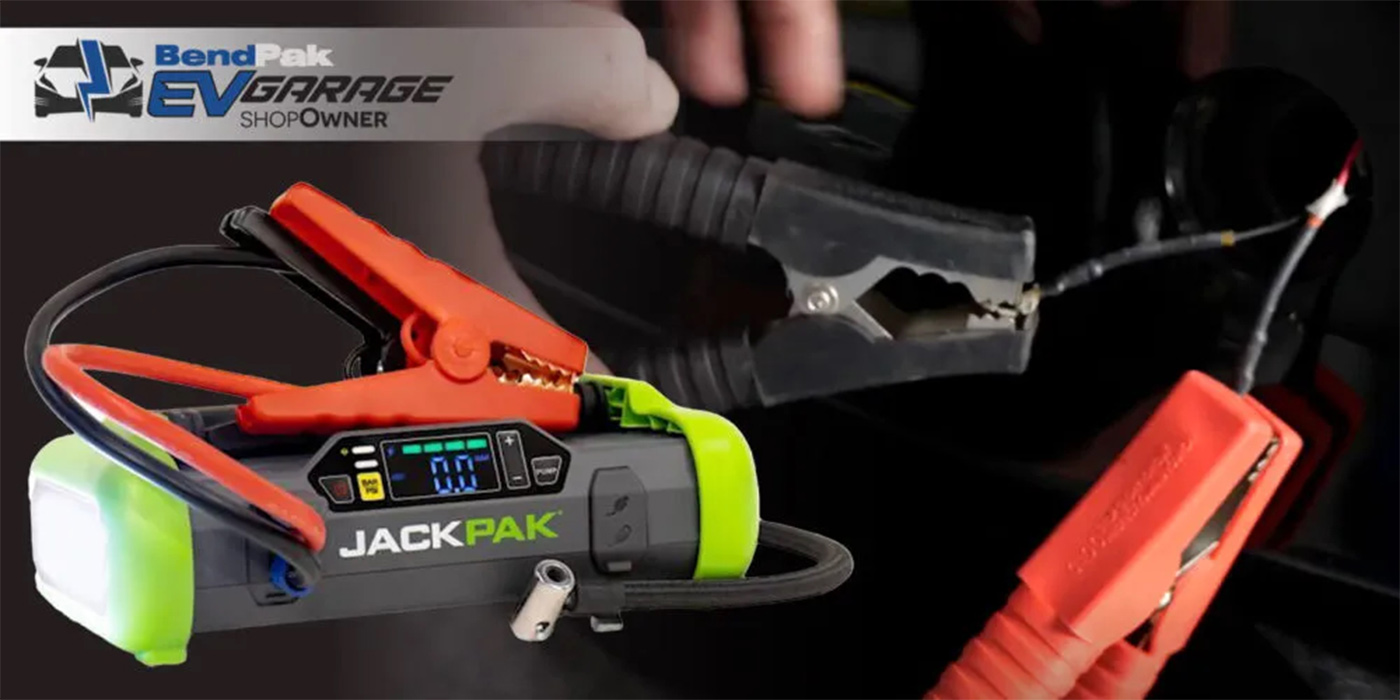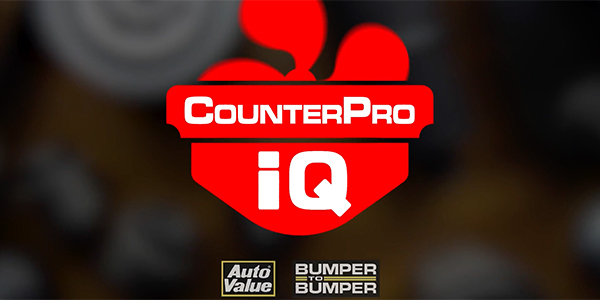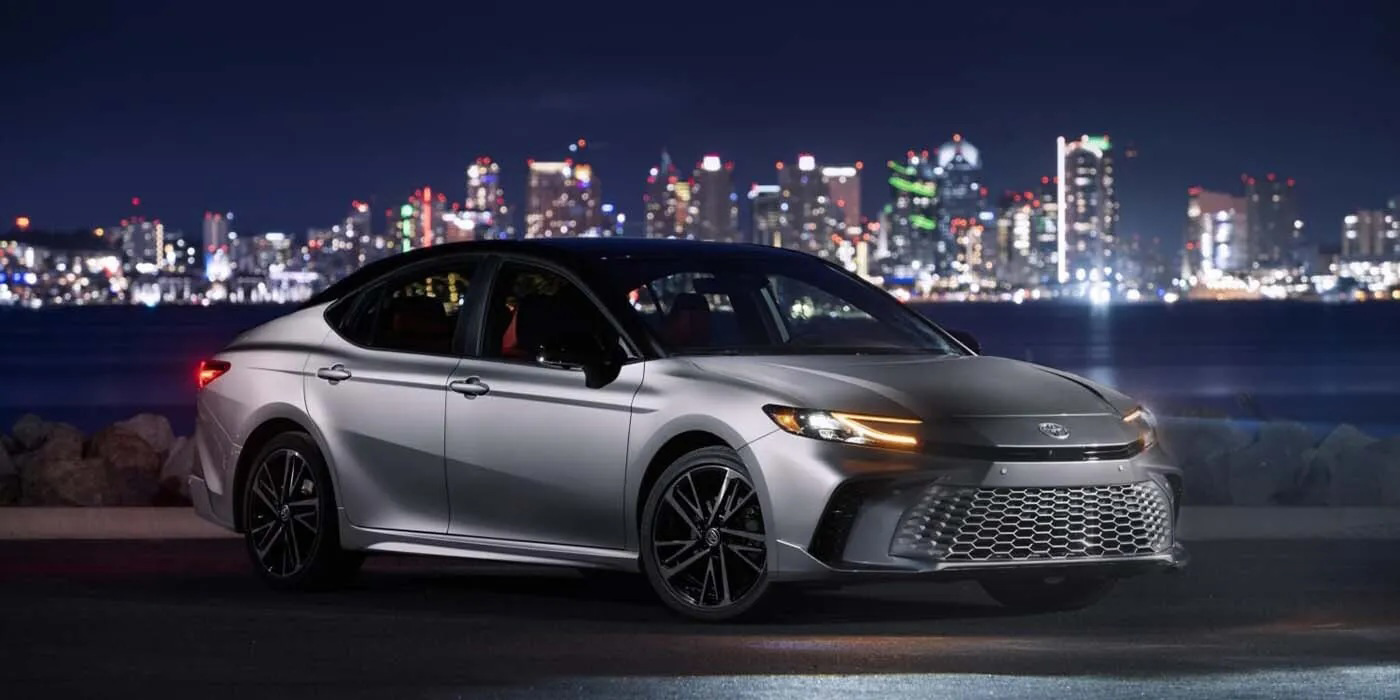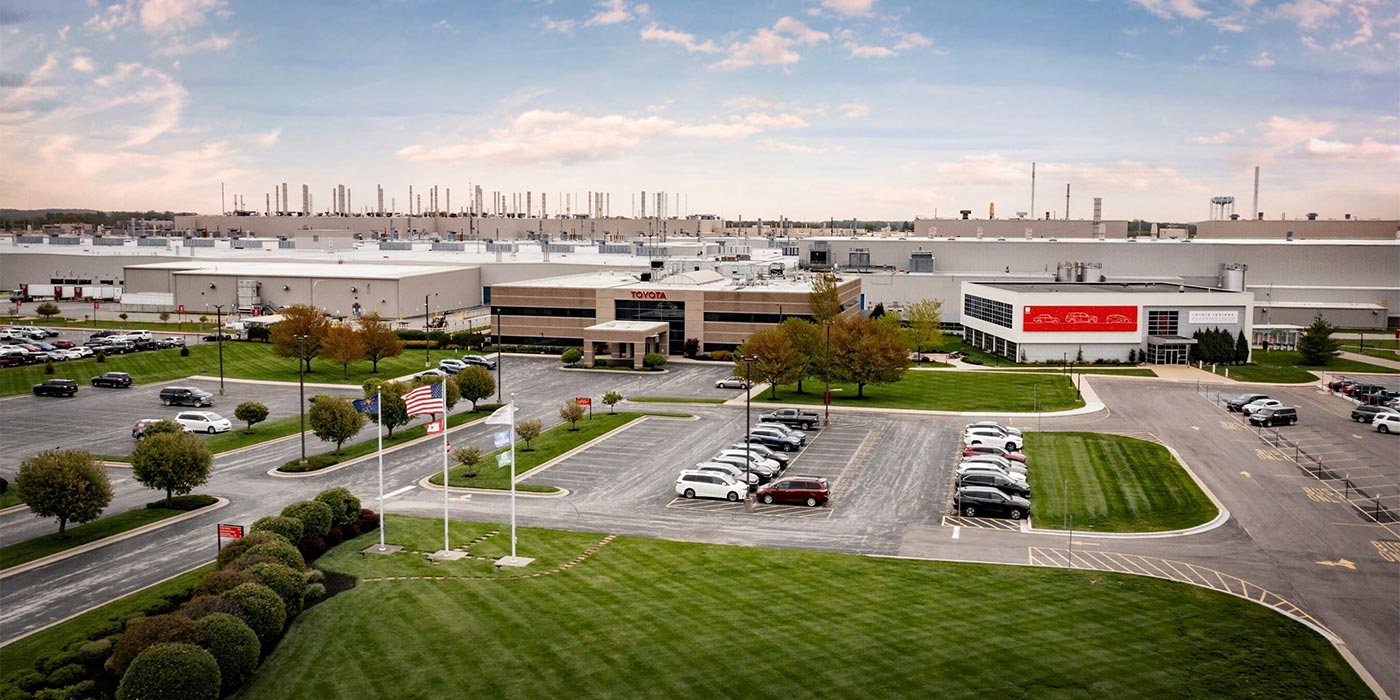Batteries are increasingly being used in a vast array of applications, from consumer products and micromobility devices known as e-bikes and e-scooters to electric vehicles (EVs) and utility-grade energy storage systems (ESS). As the use of these devices has grown, so too, has the number of fire incidents associated with them, according to the National Fire Protection Association (NFPA).
First released in 2019, NFPA 855, Standard for the Installation of Stationary Energy Storage Systems, provides minimum requirements to mitigate risk associated with stationary ESS and the storage of lithium metal or lithium-ion batteries. But as the battery industry and use continue to evolve, NFPA said the NFPA 855 is being used as the primary place within the NFPA standards process to raise general battery safety issues.
The NFPA said this has resulted in an expansion of its scope beyond the initial purpose of NFPA 855 and has identified a gap in guidance for general battery safety throughout the lifecycle of batteries beyond the use in a given installation. Bridging this gap can also provide additional requirements to advise and support local authorities in determining specific codes and standards applicable to battery hazards that arise in their communities, which can lead to a safer environment for everyone, NFPA added.
In response to these needs, the NFPA said it is considering the development of a comprehensive standard, proposed as NFPA 800, Battery Safety Code, to provide uniform, minimum requirements to address fire, electrical, life safety and property protection from battery hazards. It is the intent to reference existing related standards, by NFPA and other standards-developing organizations, where applicable, and focus on developing requirements where there are gaps. The NFPA said requirements are anticipated to include fire, explosion, and other dangerous conditions related to battery technologies as experienced through the lifecycle of a battery: raw materials and battery production through storage, use and end of life.
NFPA said it is now seeking comments from all interested organizations and individuals to gauge whether support exists for:
- The development of standards to address known hazards associated with batteries;
- The development of standards to provide minimum requirements to ensure fire, electrical, life safety, and property protection throughout the lifecycle of batteries; and
- The development of standards to minimize loss and damages resulting from current and future battery technologies.

